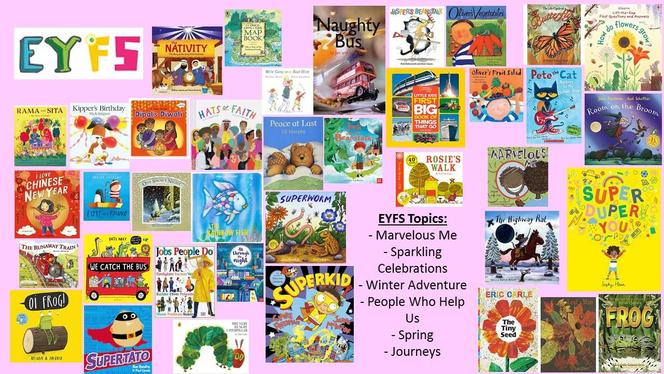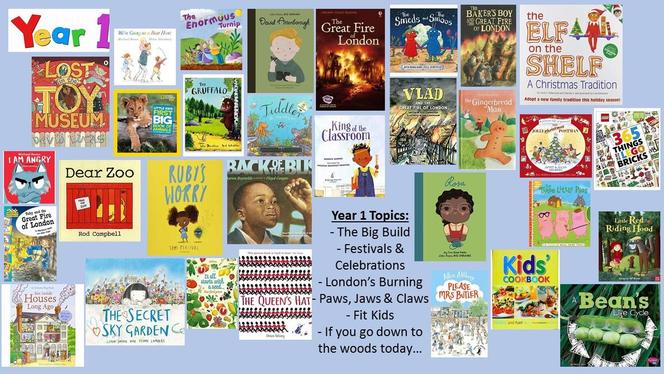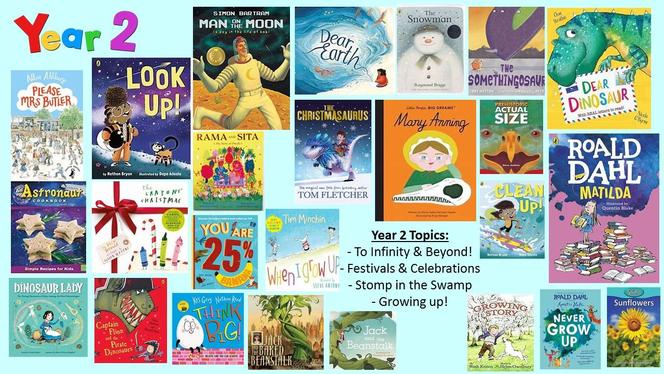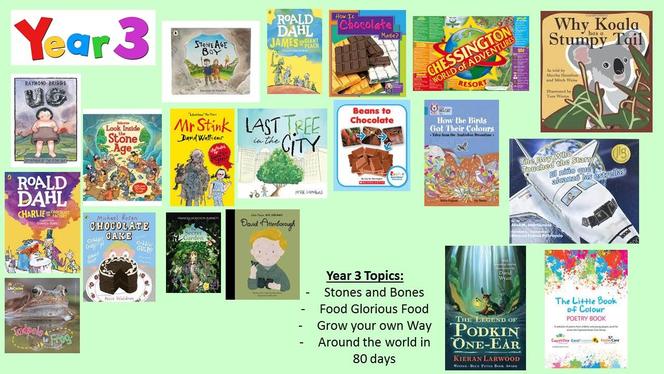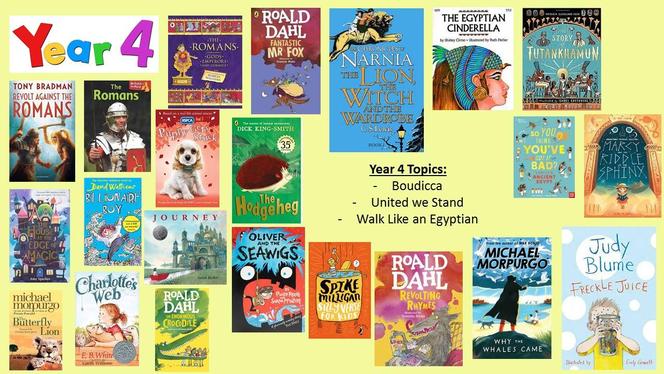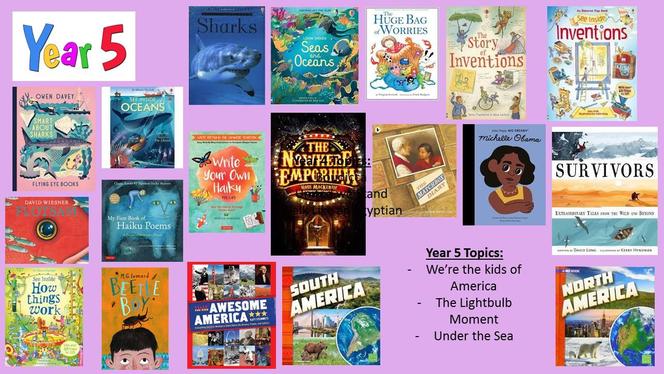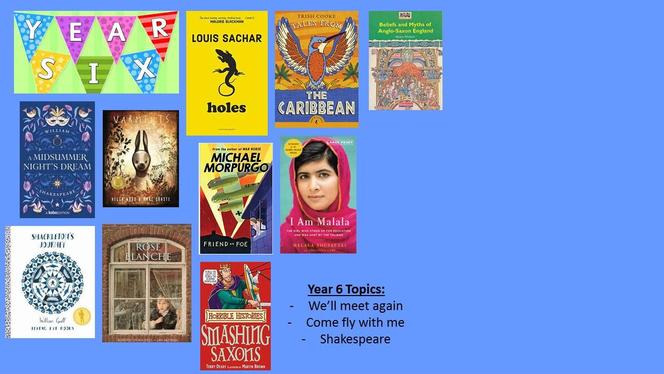Reading
Reading at Bushmead Primary School
At Bushmead Reading is taught through word reading, (understanding books, word recognition and phonic knowledge), and comprehension, (understanding literature, reading for information and appreciating different types of texts). we teach Early Reading through Little Wandle Letters and Sounds Revised, which is a systematic and Synthetic phonics programme which has been created by subject experts, based on the latest pedagogical research and teacher feedback. Comprehension skills are taught through daily structured Reading lesson which encompass the skills the children need to learn.
Intent Statement
Bushmead Primary School is passionate about ensuring that that every child will learn to read, regardless of background, needs or abilities. Children will be exposed to a wealth of stories, poems, rhymes and non-fiction throughout their time at school to develop their vocabulary, language comprehension and acquirer a genuine love of reading and a keen interest in a range of texts. We aim to inspire them to become life-long readers who enjoy books and have a desire to read for pleasure.
In order for the children to have the will to read, and be able to read to learn, they need to have secure skills in reading so that they can read with fluency and comprehension. Reading is at the heart of our whole curriculum underpinning every subject area. We want every child to read widely, and to gain a rich knowledge across the curriculum. By offering a wide range of texts we aim to broaden their minds and experiences to allow them to empathise with the world in which they live. Reading is such an important life skill that it is imperative we enable them to become independent readers who can easily process information, fully engage in all learning and be well prepared for their next stage of their education.
Implementation
We teach early reading through one systematic, synthetic phonics programme: Little Wandle Letters and Sounds Revised. This is taught with fidelity, consistency and continuity from EYFS until the end of Year One, or later if pupils need more support, with clear expectations about pupils’ progress term-by-term.
Daily Phonics – Reception and Year 1
Phonics is the way we teach decoding skills, in order to give children, the most efficient method to read words and one which will set them up for life. In the phonics sessions and throughout the day, children have opportunities to practice applying their phonic skills and to read words with the new grapheme, phoneme correspondence. This enables the learning to be committed to their long-term memory.
- We teach phonics for 30 minutes a day.
- We follow the Little Wandle Letters and Sounds Revised expectations of progress:
- Children in Reception are taught to read and spell words using Phase 2 and 3 GPCs, and words with adjacent consonants (Phase 4) with fluency and accuracy.
- Children in Year 1 review Phases 3 and 4 and are taught to read and spell words using Phase 5 GPCs with fluency and accuracy.
Lessons follow the format of:
- Recall and review - short, pacey review of prior learning;
- Teach - introduction of new learning with strong teacher modelling;
- Practise and apply - children practice and apply the learning;
- Review of key learning - reinforcement of the key learning and addressing any misconceptions identified during the lesson;
- Apply to reading - children then apply their phonic skills to reading fully decodable books matched to their reading ability.
Teaching Reading
Reception and Year 1
Reception have three reading sessions per week and in these sessions we teach the application of reading skills. The children read in groups with fully decodable books, carefully matched to the children’s phonic ability.
These sessions:
are taught by a fully trained adult to small groups
use books matched to the children’s secure phonic knowledge using the Little Wandle Letters and Sounds Revised assessments and book matching grids.
are monitored by the class teacher, who rotates and works with each group on a regular basis.
Each reading practice session has a clear focus, so that the demands of the session do not overload the children’s working memory. The reading practice sessions have been designed to focus on three key reading skills:
decoding
prosody: teaching children to read with understanding and expression
comprehension: teaching children to understand the text.
In Years 2 and above, we continue to teach reading in this way for any children who still need to practise reading with decodable books.
Years 2-6
Children in years 2 to 6 have whole class reading sessions called 'VIPERS' four times per week where there is a focus on content domains that build-up throughout the weeks which ensure that the children understand the specific skills of language comprehension and are confident in the rigour, pace and expectations of the end of year group assessments. The texts are high interest texts related to their current topic to ensure coherence throughout the curriculum. Children will be exposed to a range of stories, poems, rhymes and non-fiction throughout the year within these sessions. On the fifth day every child takes part in a 'Reading for Pleasure' session where they take part in a range of activities to develop their skills for reading for pleasure such as buddy reading, reading outdoors, library sessions and shared stories.
